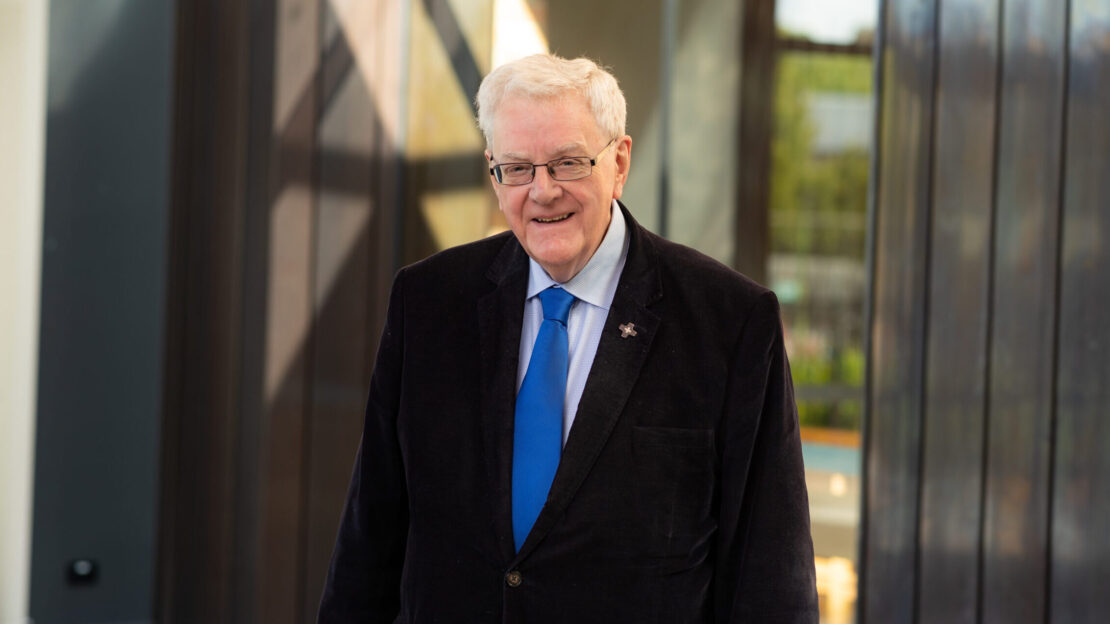Father, Son and Holy Spirit – the Creed
Both creeds begin with a statement of faith in God. This may seem obvious but firstly the Old Testament and then the New Testament were changing what the very word ‘God’ meant.
From the earliest parts of the Old Testament, there was a discovering of God which was different to the peoples surrounding Israel. The gods of the nations tended to be identified with this worldly force which charmed or harmed the lives of human beings. So there were gods identified with the power of the sun and so the coming of day and night, the presence of heat and cold; other gods were identified with the power of fertility both of the earth and of human beings. And sometimes the gods were rather like superheroes. Dealing with the gods was often a matter of restoring the balance of nature.
Israel discovered God as personal. People could have a relationship with God as we see in the psalms and in so many of the stories of the Old Testament books. And the God of Israel was not able to be reduced to human dimensions; God was a mystery beyond the mind of human beings. The name God gave himself to Moses was Yahweh which means ‘I am who I am’ or ‘I will be who I will be’. That name takes more than a lifetime’s pondering.
In the New Testament, this same God is revealed as Father, Son and Holy Spirit: the Trinity. And the first thing we have to say about the Trinity is that we can’t get our minds around it. It deepens the mystery of God. It means that the one and only God is, as the great theologian Yves Congar says, “three times himself”. God is mysteriously a community.
The discovery of the Trinity all falls back on the gospels and on Jesus himself. It is his relationship to the Father and his promise of the Spirit as handed down in the gospels which is the source of our belief in the Trinity.
The Trinity caused quite some ructions in the early centuries of the Church largely because some people tried to reduce it to human logic and ignore the fact that they were dealing with a mystery beyond them.
Some of the Greek thinkers had no trouble with belief in the one God, but the Trinity got many of them stumped. And some people reduced it to a sort of mathematical problem!
This accounts for the fact that both the Apostles’ Creed and the Nicene Creed are structured in a Trinitarian way – three parts of the one creed.
There are also in our days many ways of thinking about ‘God’. The discovery of God in the Old Testament and that of the New Testament are both at the core of being Christian.
By Fr Frank O’Loughlin
Published: 24 November 2023




Comments
David Rush
Fr Frank Very helpful observations to help us with our understanding
Add Comment